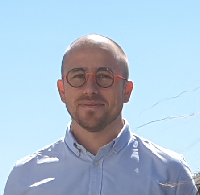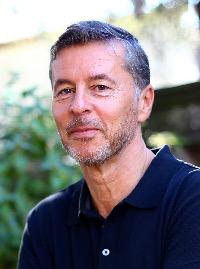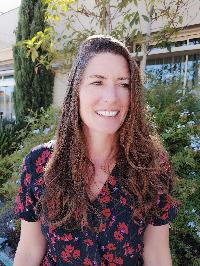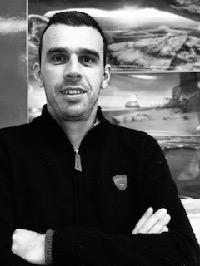
The IRCAN ANTIAGE facility provides access to non-conventional marine invertebrate research models for (anti)aging research. Using state-of the art aquarium systems and in-house expertise, this one-of its kind facility within a french medical school, is optimised to rear and perform experimentation on a variety of cnidarian species (sea anemones and corals) originating from temperate or tropical waters. Once implemented in the facility, animals are reproduced either sexually via optimised conditions to close the life cycle, or asexually via budding or fragmentation. We therefore reduce the impact on natural populations to the maximum and maintain stable, reproducible conditions for ambitious research projects carried out in academia or the private sector.
Some basic info on why cnidarians, in particular sea anemones and corals, are interesting models to study the context of aging / longevity research: Sea anemones and corals are either solitary or colonial, some of which are photo-symbiotic with unicellular algae living within specific animal cells. Cnidarians, in particular the photosynthetic ones, have evolved to cope with intracellular ROS levels that are harmful to mammalian cells. Cnidarians have extensive physiological and injury-induced regenerative capacities and their lifespan is species-specific ranging from years/decades to several hundred years. Cnidarian genomes have revealed astonishing similarities with the ones from mammalians, making fundamental findings relevant to human-related processes. Among cnidarians, the sea anemone, Nematostella vectensis (link to Kahi Kai - Nematostella Central) is one of the most advanced cnidarian research model with a variety of molecular and functional genomics tools, including random Meganuclease-based and targeted CrispR/Cas9-mediated genome editing.















